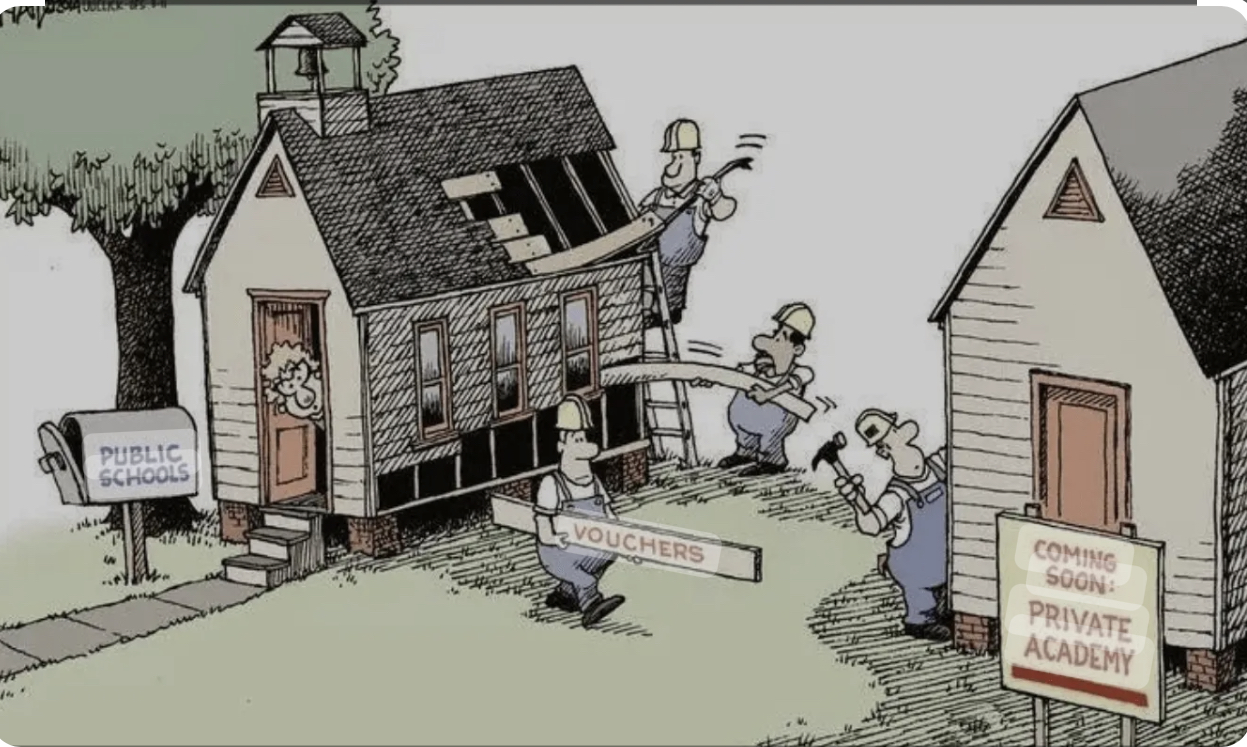Once upon a time, Iowa ranked at or near the top in student achievement. Today, some assessments rank us in the middle and falling. Iowa GOP legislators believe it is public schools and teachers who are to blame for not holding themselves and students to higher standards.
If we use just a modicum of logic, however, we should ask how a system that was once the envy of the nation is responsible for that slide. Why wouldn’t we look at what has changed?
What has changed is budgeting that leaves Iowa schools 2 percent short, compounded year after year, of what they need to compete.
Education funding relative to Iowa’s economy has seen a steady decline. When our system thrived we saw around 4 percent of the state’s GDP dedicated to K-12 education funding. Today, it’s less than 2.5 percent. From fiscal years 2008 to 2016, 33 other states increased per-student funding, while Iowa saw a 6 percent decline in per-student funding in that period.
This year, however, Iowa Republicans have proposed a 2.5% spending increase. Democrats argue that is woefully short given compounded shortfalls and inflation and that the new bill siphons even more money from public schools toward private school scholarships. In 4 to 5 years a billion dollars will have been diverted.
“Giving parents more choices for their children” is such a warm soundbite that they’ve come to believe it themselves, but this is, ultimately, a political process to diminish public schools.
Republicans know that parochial education is more likely to indoctrinate students with a conservative agenda that, in turn, will perpetuate their policies. They also believe the classic disciplines of public education promote liberal doctrine. This is an ideological issue, pure and simple. It is not about better education.
Vouchers are being presented to parents as a vehicle to choose schools, private or parochial schools if they prefer. And by creating school “markets,” bad schools will be driven out of business.
That’s a concept with some merit if education is classified under “goods and services.” It’s a dreadful idea if it isn’t. And education should never be so objectified.
A child’s education is not commensurate to a brand of appliance where it’s good for the market to drive out the ones that don’t meet consumer demands. When we discard any child by failing to support our public educational system, more schools will fall, more students will fail, jobs will be lost and communities will crumble.
Education writer Peter Schrag states that vouchers are “the beginning of a slippery slope in which the poor are simply the poster children in a process that will gradually erode support for all public education.”
Ultimately the only “choice” will go to private schools as they cherry-pick the most promising public school students. A voucher system will encourage economic, racial, ethnic and religious stratification.
The National Education Association supports appropriate funding to improve public schools instead. We need to help schools that are struggling, not close them, if we want to improve our standards and results.
Vouchers can be part of the educational paradigm; however, they are only viable if our public school system is adequately funded to provide equal opportunity for all children to learn. That should be the renewed promise of an Iowa education.
